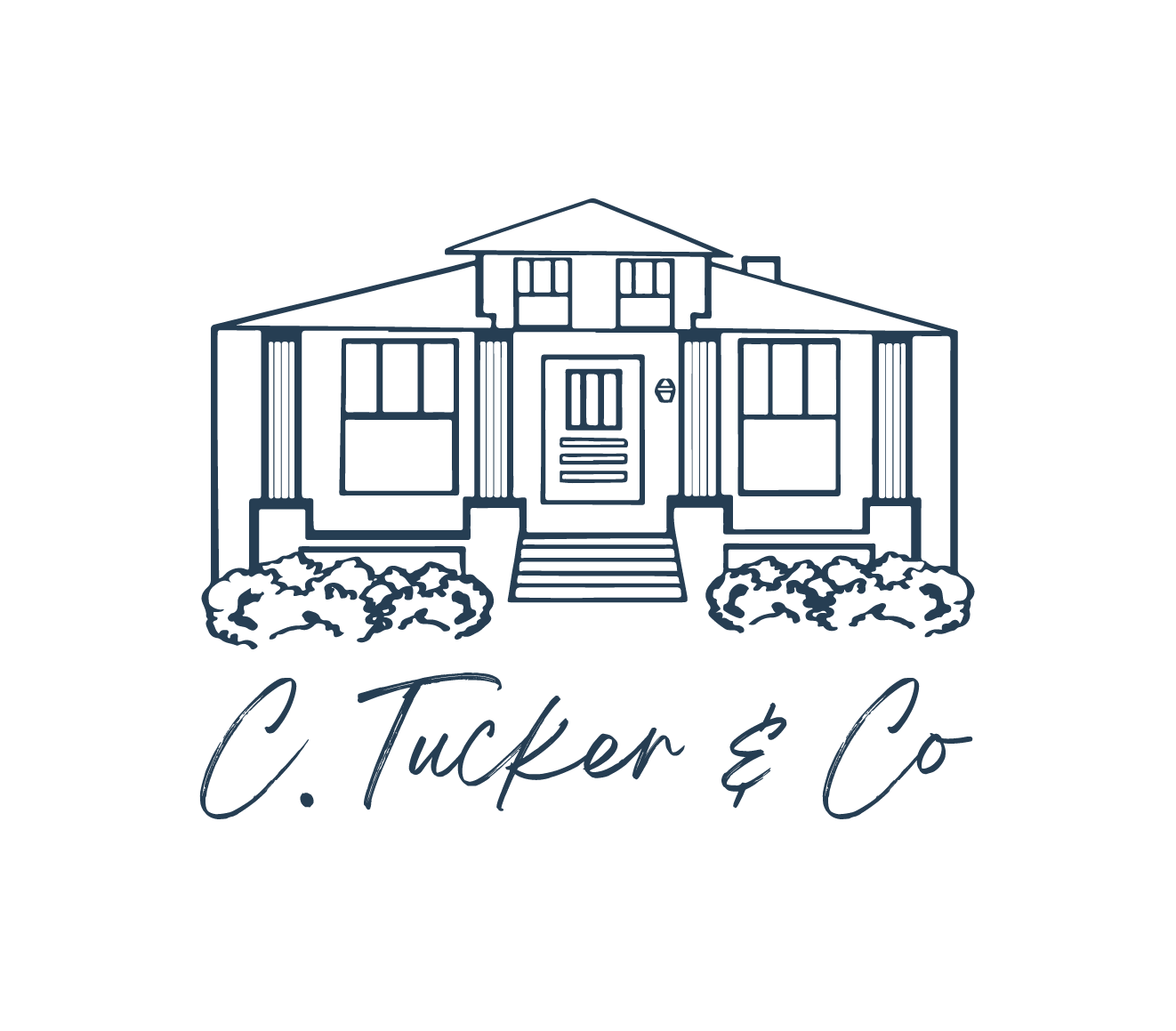Can I get a loan? Where do I start?
For most first time homebuyers and even many second or third time homebuyers, the home loan process can be very overwhelming. As in most things in life, getting information is so important. Don’t assume that you can’t get a loan. Even if there are some hurdles currently, speaking with a good lender will help you figure out what you need to do to make getting a loan possible.
To get a loan you will need:
A decent credit score - Many people don’t realize that just because you don’t have bad debts, doesn’t mean that you have good credit. Many people in reaction to trying to avoid consumer debt have forgone a credit card. Over 30% of your credit is determined on what you do with a credit card. If you don’t have a credit card, chances are you won’t be able to get a loan. A good lender will also be able to help you determine if there are some other simple things you can do to raise your score such as paying off a specific bill. Knowing your credit score and knowing what you can do about it (and maybe it will be over 800 and you won’t have to do anything!) is the first step in getting a loan.
Income - This may seem obvious, but I have had someone want to purchase a home that made less than $5,000 a year. Student loan income does not count as income - it counts as debt. However, there is a loop hole if you have good credit. You are able to have a non-resident co-borrower sign on as part of the loan. Also known as cosigning, this person (often a parent) will take on the risk of the loan along with you. This is a great option for someone who maybe doesn’t have the job history that a lender requires or is self-employed.
Debt to Income Ratio - The is the formula that looks at how much you make a month compared to your monthly debts. Every lender and loan program have different requirements for this, but the bottom line is that even if you make a lot of money if you have a lot of monthly debts it will decrease the amount of money you can borrow. Rarely does this affect a normal buyer because most lenders will still let you qualify for more of a monthly payment than most people would want to pay. Where this can become an issue is if you already have a home that you would like to keep as rental property. Because you typically have to show two years of income on a rental property for it not to count as debt, most people have to sell their first home to get their second home. There are some exceptions to this which I will explore later.
A little bit of cash (at least) - There is a misconception that you need thousands of dollars in savings to buy a home. You typically need a little bit on hand to have some earnest money and pay for a home inspection and the appraisal once you find a home. However, there are several 100% financing options available for people. With interest rates so low, people can often have a lower monthly payment on a home that they are building equity in and getting a tax write off for, than they would be paying in rent!
Talking to a lender and giving them some basic information is the first step. I highly recommend that you do this even if you don’t think you will buy a home for another six months to a year (and definitely do it as soon as possible if you want to buy now). You will most likely be pleasantly surprised that now is actually a great time for you to buy! Speaking with a great lender is key in this process, so please contact me so I can get you a list of people that I know are great!
